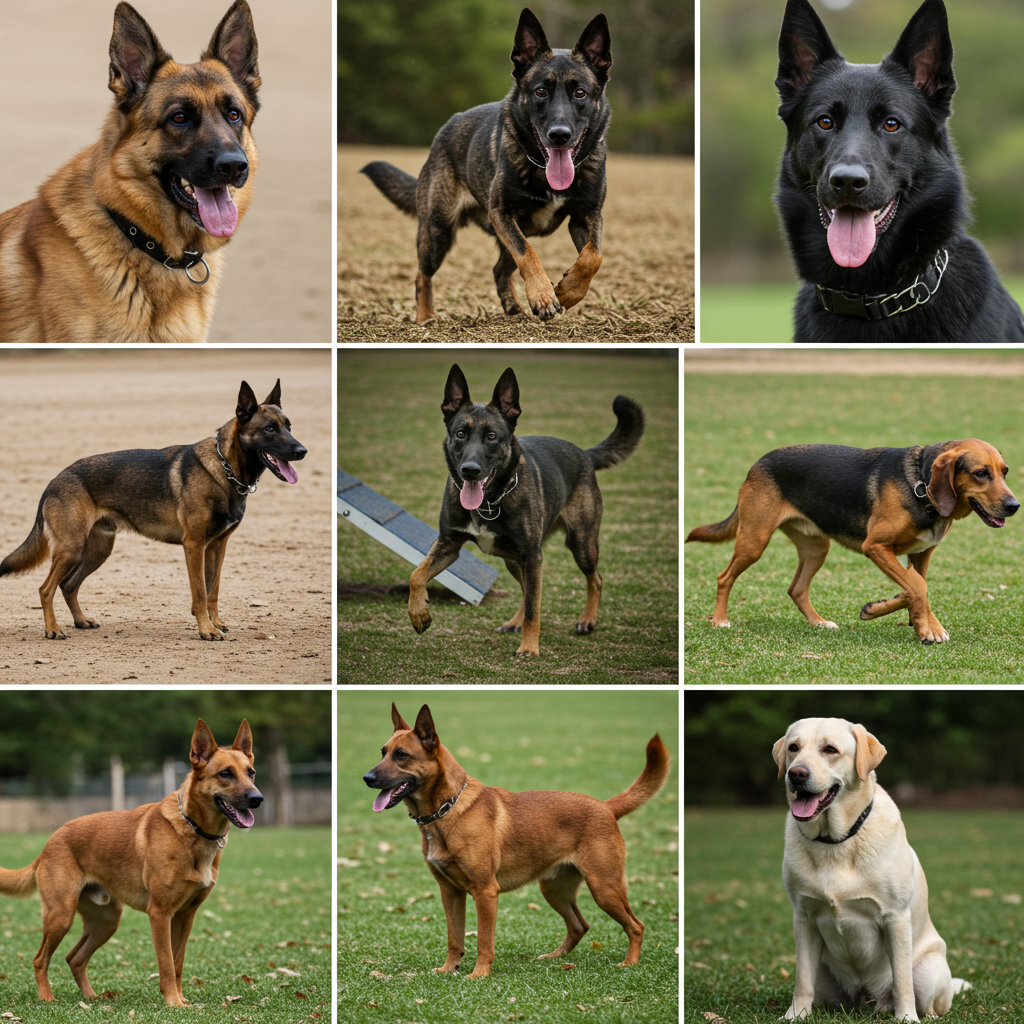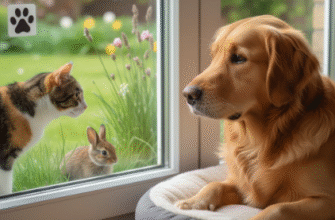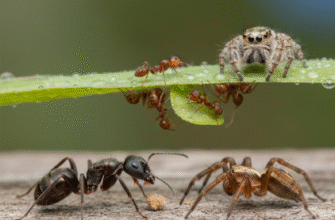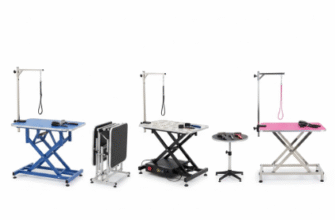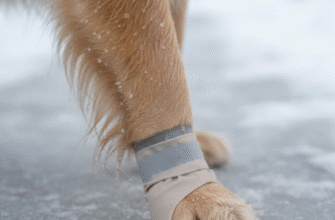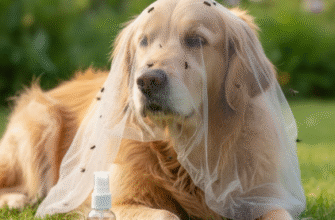Police dogs, often referred to as K9 officers, are far more than just companions to their human partners. They are highly trained professionals, playing a critical role in modern law enforcement agencies around the globe. These remarkable animals perform tasks that humans simply cannot, relying on their heightened senses, incredible athleticism, and unwavering loyalty. Selecting the right dog for this demanding line of work is crucial, as not every breed, or even every individual dog within a breed, possesses the necessary combination of traits.
The ideal police dog needs a specific blend of intelligence, trainability, courage, and physical capability. They must be eager to please their handler yet possess the confidence to work independently when required. A strong work ethic, often described as ‘drive’, is essential – the inherent desire to perform a task, whether it’s tracking a scent, searching for contraband, or apprehending a suspect. Temperament is also key; these dogs need to be stable enough to handle high-stress situations, differentiate between threats and innocent bystanders, and be approachable when off-duty or during public demonstrations.
The Stalwarts: Breeds Dominating K9 Units
While various breeds have served in law enforcement capacities over the years, a few stand out due to their consistent performance and suitability for the diverse roles required. These breeds have been refined through generations, often specifically for working roles, honing the characteristics that make them exceptional K9 partners.
German Shepherd Dog
Perhaps the most iconic police dog breed, the German Shepherd Dog (GSD) is renowned for its versatility, intelligence, and imposing presence. Originally developed in Germany by Captain Max von Stephanitz for herding sheep and protecting flocks, the breed’s inherent traits quickly made it suitable for various forms of service work. GSDs possess a remarkable combination of strength, agility, and keen senses, particularly their sense of smell.
Key Traits for Police Work:
- Intelligence and Trainability: German Shepherds are consistently ranked among the most intelligent dog breeds. They learn commands quickly and possess excellent problem-solving skills, crucial for navigating complex search scenarios or adapting to unpredictable situations.
- Courage and Confidence: A well-bred GSD is naturally protective and courageous, willing to face danger alongside its handler without undue aggression. Their confidence allows them to remain focused under pressure.
- Versatility: This is a major advantage. GSDs excel in nearly all K9 roles, including patrol work (apprehension, handler protection), tracking suspects or missing persons, detection (narcotics, explosives, cadavers), and evidence recovery.
- Physical Prowess: They have the stamina for long searches, the speed to pursue suspects, and the strength needed for apprehension work.
Their loyalty to their handler is legendary, forming a deep bond that enhances their working partnership. While adaptable, they require consistent training and socialization from a young age to ensure their protective instincts are properly channeled.
Belgian Malinois
Often mistaken for a leaner German Shepherd, the Belgian Malinois has surged in popularity within police and military circles over recent decades. Originating from Belgium as one of four varieties of Belgian Shepherd Dogs, the Malinois was bred primarily for its working ability, focusing less on strict physical conformation and more on drive and athleticism.
Key Traits for Police Work:
- Exceptional Drive and Energy: Malinois possess an almost boundless energy and an intense desire to work. This ‘high drive’ makes them incredibly focused and persistent, especially in demanding tasks like detection and protection sports, which translates well to police duties.
- Agility and Speed: They are incredibly agile, fast, and powerful for their size. This makes them excellent for apprehension work and navigating challenging terrains during searches or pursuits.
- Intensity and Focus: When working, a Malinois exhibits remarkable focus. This intensity is highly valued in detection work, where pinpointing the source of a scent quickly and accurately is paramount.
- Trainability: Like the GSD, they are highly intelligent and respond well to consistent, experienced training. However, their sensitivity and high energy require a handler who understands drive management.
The Malinois is often described as more intense than the GSD. Their energy levels mean they are not suited for a sedentary life and thrive when given complex tasks and plenty of physical and mental stimulation. Their suitability often depends heavily on the experience and commitment of the handler.
Dutch Shepherd
Less common than the GSD or Malinois but gaining recognition, the Dutch Shepherd shares historical roots with its Belgian cousins, originating as an all-purpose farm dog in the Netherlands. They were used for herding, guarding, and generally assisting farmers. Like the Malinois, selection focused heavily on working capability.
Key Traits for Police Work:
- Athleticism and Endurance: Dutch Shepherds are powerful, agile dogs with impressive stamina, well-suited for patrol duties and demanding searches.
- Intelligence and Independence: They are smart and capable learners but can sometimes exhibit a more independent streak than the GSD, requiring a handler who appreciates and can manage this trait.
- Strong Drive: Similar to the Malinois, they possess a high work drive and thrive on activity and engagement.
- Distinctive Coat: While they come in short, long, and rough-haired varieties, the brindle (striped) pattern is their hallmark and easily distinguishes them.
Dutch Shepherds often exhibit a balanced temperament – protective and alert when necessary, but generally stable. They form strong bonds with their handlers and are known for their reliability once properly trained.
Specialists: Breeds Excelling in Specific Roles
While the shepherd breeds are often seen as the all-rounders, some breeds are favoured for more specialized detection or tracking tasks due to their unique sensory abilities or temperaments.
Labrador Retriever
Friendly, outgoing, and possessing an exceptional sense of smell, the Labrador Retriever is a top choice for detection work, particularly narcotics and explosives. Their less intimidating appearance compared to shepherd breeds can be advantageous in public settings like airports or schools.
Key Traits for Detection Work:
- Superior Olfactory Ability: Labs have an incredible nose and a natural inclination to use it.
- High Food/Play Drive: Their strong desire for rewards (food or toys) makes them highly motivated during repetitive detection training.
- Stable Temperament: Generally non-aggressive and sociable, they work well around crowds and are less likely to cause public alarm.
- Eagerness to Please: They form strong bonds with handlers and are keen to work for praise and reward.
While not typically used for patrol or apprehension work due to their less pronounced guarding instincts, their specialized detection skills are invaluable.
The K9 Partnership Demands Dedication. Becoming a police K9 team involves rigorous, continuous training for both dog and handler, often spanning months initially and requiring ongoing maintenance sessions. It’s a demanding partnership requiring dedication far beyond typical pet ownership. The selection process is stringent, ensuring only dogs with the optimal combination of temperament, drive, and physical ability are chosen for this critical work.
Bloodhound
When it comes to scent tracking, the Bloodhound is legendary. Their long ears help waft scent towards their powerful nose, and loose skin traps scent particles. While not typically used for apprehension or general patrol, their unparalleled ability to follow old or faint scent trails over long distances makes them specialists in searching for missing persons or tracking elusive suspects.
Key Traits for Tracking:
- Unmatched Scenting Ability: Considered by many to have the best nose in the canine world, capable of following trails days old.
- Persistence and Determination: Once on a trail, a Bloodhound is single-minded and determined to follow it.
- Docile Temperament: They are generally gentle giants, making them unsuitable for bite work but excellent for non-confrontational tracking.
Their specialization means they are usually employed alongside other K9 units or officers who handle any necessary apprehension.
Choosing the Right Canine Partner
The selection of a police dog breed often comes down to the specific needs of the department, the intended role for the dog, and the experience of the available handlers. German Shepherds and Belgian Malinois remain the most popular choices for versatile patrol work due to their balanced skillset. Labradors excel in friendly-faced detection, while Bloodhounds are the undisputed kings of cold trails.
Regardless of the breed, the success of a K9 unit hinges on meticulous selection, intensive training, and the development of a strong, trusting bond between the dog and its human partner. These canine officers are invaluable assets, saving lives, finding crucial evidence, and helping to keep communities safe through their unique talents and unwavering dedication.

